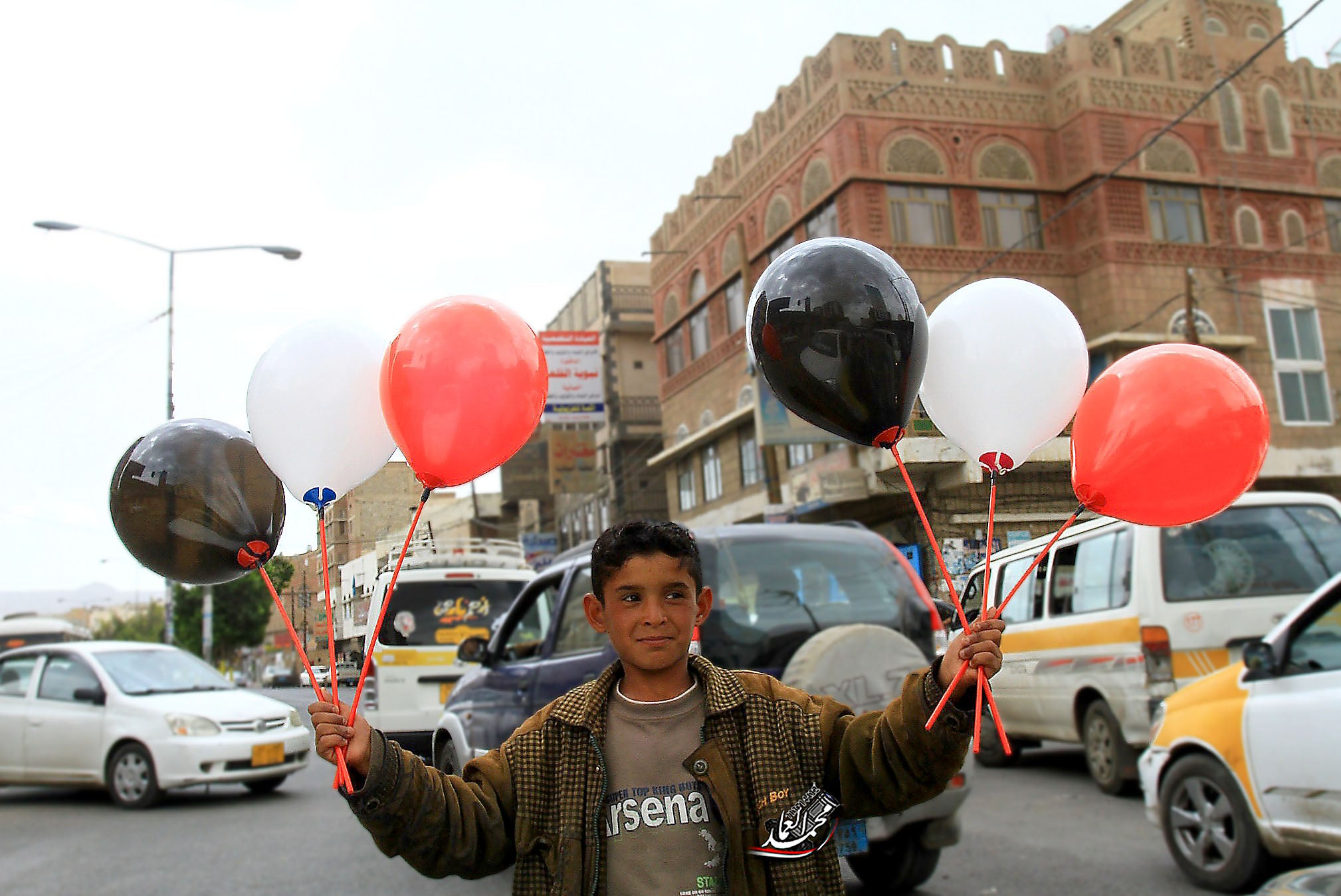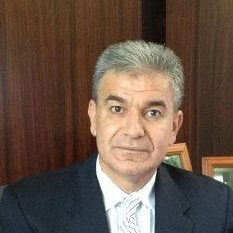 I have just returned from London where I attended the seventh meeting of the Friends of Yemen (FoY) group. This group was created in 2010 to help support Yemen through a period of crisis. It is co-chaired by the United Kingdom, Saudi Arabia and Yemen itself, with 36 other members, including the United States and Russia.
I have just returned from London where I attended the seventh meeting of the Friends of Yemen (FoY) group. This group was created in 2010 to help support Yemen through a period of crisis. It is co-chaired by the United Kingdom, Saudi Arabia and Yemen itself, with 36 other members, including the United States and Russia.
At the meeting, members discussed how the international community would support Yemen to complete its political transition toward federalism, implement the outcome of its national dialogue—and lay the foundations for a democratic modern civil state.
The meeting agreed on a new structure to make the FoY mechanisms more effective, more coordinated and responsive to the needs of the Yemeni people. This new structure includes setting -up three working groups on politics, security and economics. These groups will start monitoring closely both the delivery of donor pledges on the one hand, and the government’s commitments to reform on the other.
An opportunity to change direction
With the conclusion of the national dialogue— as a country, Yemen has an opportunity to change direction. However, the challenges are huge.
There is no doubt about the positive progress made on the political front with the successful completion of the national dialogue. The next step is to draft a new constitution and pass key laws before general elections are held. While some in Yemen are still trying to derail this process, the overwhelming approval of the outcome of the national dialogue by most Yemenis puts them in the minority. The determination of the Yemeni people to have a peaceful political transition should stop any of these forces from influencing the outcome.
On the security front, the frequent sabotage of the oil and gas pipelines reduces the Yemeni government’s revenues, of which almost 70% come from oil and gas. The frequency of security incidents almost stopped very valuable income from the tourism sector too. The sabotage of the power sector and continued insecurity make it very difficult for Yemen’s private sector to either expand their existing businesses or open new ones.
On the economic front, the picture is not good. While the economy had stabilized in 2012 thanks to the oil grants from the Gulf Co-operation Countries, a political and economic alliance of six Middle Eastern countries including Saudi Arabia, the United Arab Emirates and Qatar, Kuwait, Bahrain and Oman. Yemen’s economy started to show weaknesses in 2013 and the early months of 2014.
With the frequent bombing of the oil and gas pipelines, the government lost valuable income that put serious pressure on its budget. Balancing the budget is becoming increasingly difficult. This is probably why we see long lines at gas stations across the country. Yemen’s Minister of Finance, Sakhr Al Wajih, was frank when he presented the alarming fiscal situation and government options when he addressed parliament last month.
Government options are indeed difficult. To balance the budget, the government needs to have a package of reforms that includes measures to help it increase its revenues and reduce expenditure. Yemen’s government could increase revenue by putting (more) security on the oil and gas pipeline, and increasing its tax base without increasing its tax rate.
Reducing expenditure could be done by eliminating ghost workers, often non-existent civil servants on the government’s payroll, and double dippers—people who appear twice on the payroll. Rationalizing government expenditure and reducing profligacy by senior government officials would also help, as well as reforming the government’s diesel and gasoline subsidies. In addition, the Yemeni government needs to get serious about fighting corruption.
Reforming the diesel and gasoline subsidy should not be done in isolation but as part of a complete package that includes the other reforms mentioned here. Yemen’s government needs also put in place mechanisms to compensate the poor, who will undoubtedly be affected by reforming the subsidy, especially the poorest of the poor who benefit from the Social Welfare Fund.
Let me explain that the World Bank has never made its support to Yemen conditional on Yemen initiating diesel subsidy reforms. In fact, our position has always been clear: This is absolutely the government’s choice, and the government alone, and we will continue our support to the Yemeni people independent of this.
While facing up to the harsh reality of short term fiscal pressure is important, Yemen’s government also needs to reform and improve its public services and help generate economic growth to lead toward creating opportunities for better-paid jobs.
The recipe for these reforms is well known, but needs strong political leadership, and commitment of putting the interest of the nation as a whole above any other interests. Other countries have done it, and I truly believe Yemen can do it.
While the Friends of Yemen will support Yemen in the coming years to overcome the huge challenges lying on the road ahead of it, the Yemeni government needs to be the one in the driver seat. Yemenis must drive the car ... Others can only help push it along...


Join the Conversation